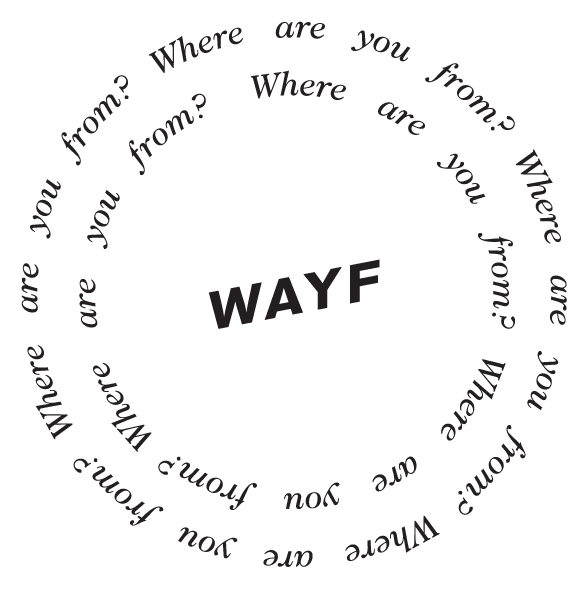Race and all the beautiful things that come with it
Sol Fernandez
My daughter Blu looks in the mirror every day when I’m brushing her hair and says things like: ‘I have beautiful brown skin.’ ‘I have beautiful curly hair.’ ‘My beautiful brown eyes are shining today.’ She says these affirming things about herself completely unprompted. It’s a narrative that’s still being written for her. She’s on a journey of self-discovery ... I was the youngest in my family to become a mother when I had Blu at 19. She was born into a multi-age, multi-generational family—aunties, uncles and cousins constantly dropping in. In lockdown, things evolved into Blu and I living solo. There were very dedicated, long periods of time with just Blu and I. We learnt a lot about ourselves as an independent unit.
Last year, Blu went to her first vigil—for Cassius Turvey, who was tragically murdered in Perth by a group of racists. After that, she started asking real questions about race and colour. We’ve always read a lot of good books about identity, from since she was in my tummy to now. But around this time she started to become hurt by some of the questions she had about her identity. She was starting to understand that these issues were associated with her. She is half African American, I’m South Asian, and a lot of my friends, who she calls her aunties and uncles, are Indigenous, black and brown people.
My partner Maru and I started opening up conversations with her about the people around her, their race and where they come from. In response she asks us about what happened in this country, on this land, and we’ve been able to have conversations about truth-telling. The learning has been constant for all of us, but storytelling has become a great tool for us to move through the difficult things, and talk about the beautiful things to do with race and everything that comes with it.
There have been times when Blu has said things that made me cry. Part of her extended relations are white Australians, and sometimes Blu has come home after seeing them, and said things like ‘Can I be white?’ and ‘Is my skin ever going to change colour?’ This made me feel a whole lot of things that came up from when I was younger, like trying to make parts of your body lighter, or wearing things a certain way to make yourself appear different. It was hard when I was growing up. There was less talk about our experiences and much more doing what we could to fit in with other people.
It’s important to me that Blu feels good about herself, and that we continue these conversations with her every day. Right now, she is learning about Mapuche and Sicilian culture through Maru, her Abuelito (grandfather), and her Nanna. She’s learning bits of Spanish and about traditional foods from Chile, where Maru is from. She listens to stories about what happened in Chile and feels empathy for what’s going on around the world—that we’re lucky doesn’t happen to us in our homes here.
Her grandparents—my parents—are so keen to hold on to this multi-generational living situation, and we’re lucky to have so many of them alive. Blu gets to hang out with great-grandparents and great aunties and uncles and ask them questions about their lives here, and in Pakistan, India and Sri Lanka. She’s more open at her age than I ever was. I think that’s because we’re more open as parents. Sadly a lot of my family members are still trying to assimilate into whiteness. My parents stopped speaking their languages as soon as they got here. They’re going to be unlearning things forever— they spent so long trying to be like the white kids they went to high school with. I’ve heard family members putting down other cultures—and their own cultures even—in front of white people just to feel like they’re contributing to a conversation. I’m constantly pulling things up at family gatherings, saying ‘that’s enough’, or ‘that’s not true.’ I’m not afraid to have the argument because the self-hatred and denial of who they are is so ingrained. It’s important to me to show my younger cousins and family members that they can speak up if what is being said is hurtful.
Blu already knows that she has the power to do that. At kinder she’s heard kids say to her, ‘I don’t like the colour brown’ when they’re colouring in, and she’s had the voice to say, ‘If you don’t like brown, then I don’t like Elsa, I like Moana,’ as a way to fight back. She already understands that people can’t say that, because she’s brown and she’s right in front of them. Family members have said I’m teaching Blu too much about racism and the truth, but I disagree. It’s so important and I know that Blu is a good person, and that’s because of me, Maru and the people who have raised her. I want to encourage my family and community to reclaim their ethnicity and connection to culture, because I’ve seen how beautiful that is.
